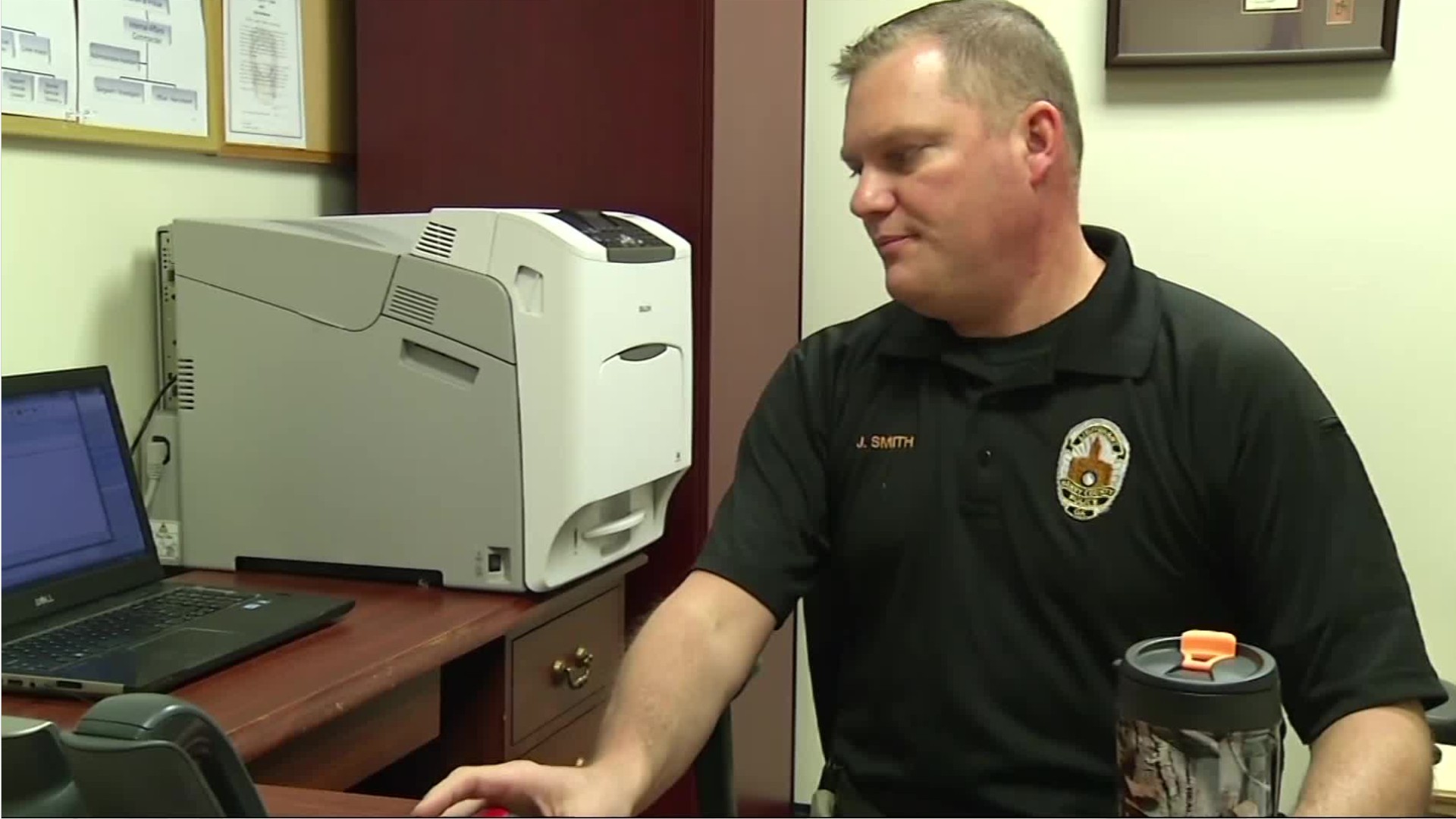Probation Officers & Correctional Treatment Specialists
Correctional Counselor, Juvenile Probation Officer, Parole Officer (PO), Probation Officer
What they do:
Provide social services to assist in rehabilitation of law offenders in custody or on probation or parole. Make recommendations for actions involving formulation of rehabilitation plan and treatment of offender, including conditional release and education and employment stipulations.
On the job, you would:
- Prepare and maintain case folder for each assigned inmate or offender.
- Gather information about offenders' backgrounds by talking to offenders, their families and friends, and other people who have relevant information.
- Interview probationers and parolees regularly to evaluate their progress in accomplishing goals and maintaining the terms specified in their probation contracts and rehabilitation plans.
Knowledge
Safety and Government
- law and government
- public safety and security
Arts and Humanities
- English language
Math and Science
- psychology
- sociology and anthropology
Health
- therapy and counseling
Skills
Basic Skills
- listening to others, not interrupting, and asking good questions
- talking to others
Problem Solving
- noticing a problem and figuring out the best way to solve it
Social
- understanding people's reactions
- bringing people together to solve differences
Abilities
Verbal
- communicate by speaking
- read and understand what is written
Ideas and Logic
- notice when problems happen
- use rules to solve problems
Personality
People interested in this work like activities that include helping people, teaching, and talking.
They do well at jobs that need:
- Adaptability
- Empathy
- Stress Tolerance
- Self-Control
- Social Orientation
- Integrity
Technology
You might use software like this on the job:
Electronic mail software
- Email software
- Microsoft Outlook
Presentation software
- Microsoft PowerPoint
Office suite software
- Corel WordPerfect Office Suite
- Microsoft Office software
Education
Education: (rated 4 of 5)
bachelor's degree
usually needed
usually needed
Job Outlook
Average
New job opportunities are likely in the future.
Explore More
- Child, Family, & School Social Workers
- Correctional Officers & Jailers
- First-Line Supervisors of Correctional Officers
- Mental Health & Substance Abuse Social Workers
- Rehabilitation Counselors
You might like a career in one of these industries:
See more details at O*NET OnLine about Probation Officers & Correctional Treatment Specialists.






